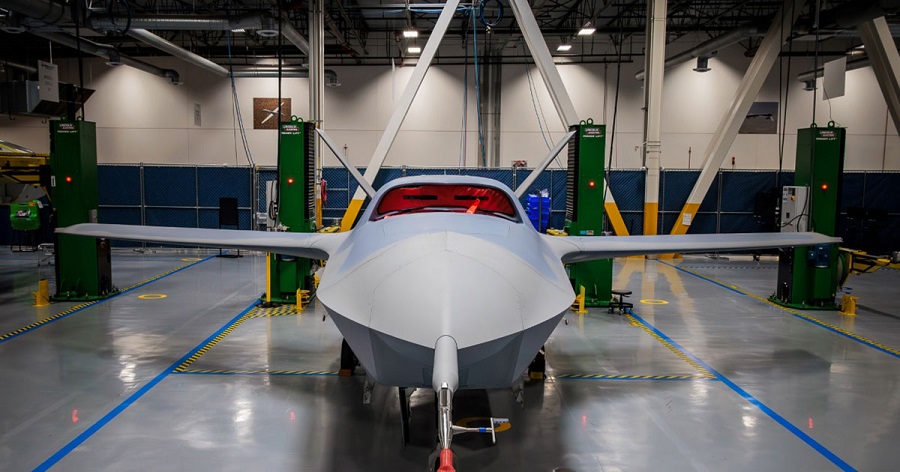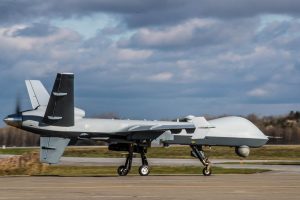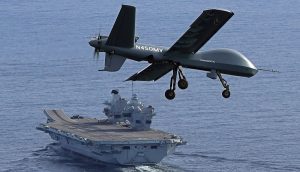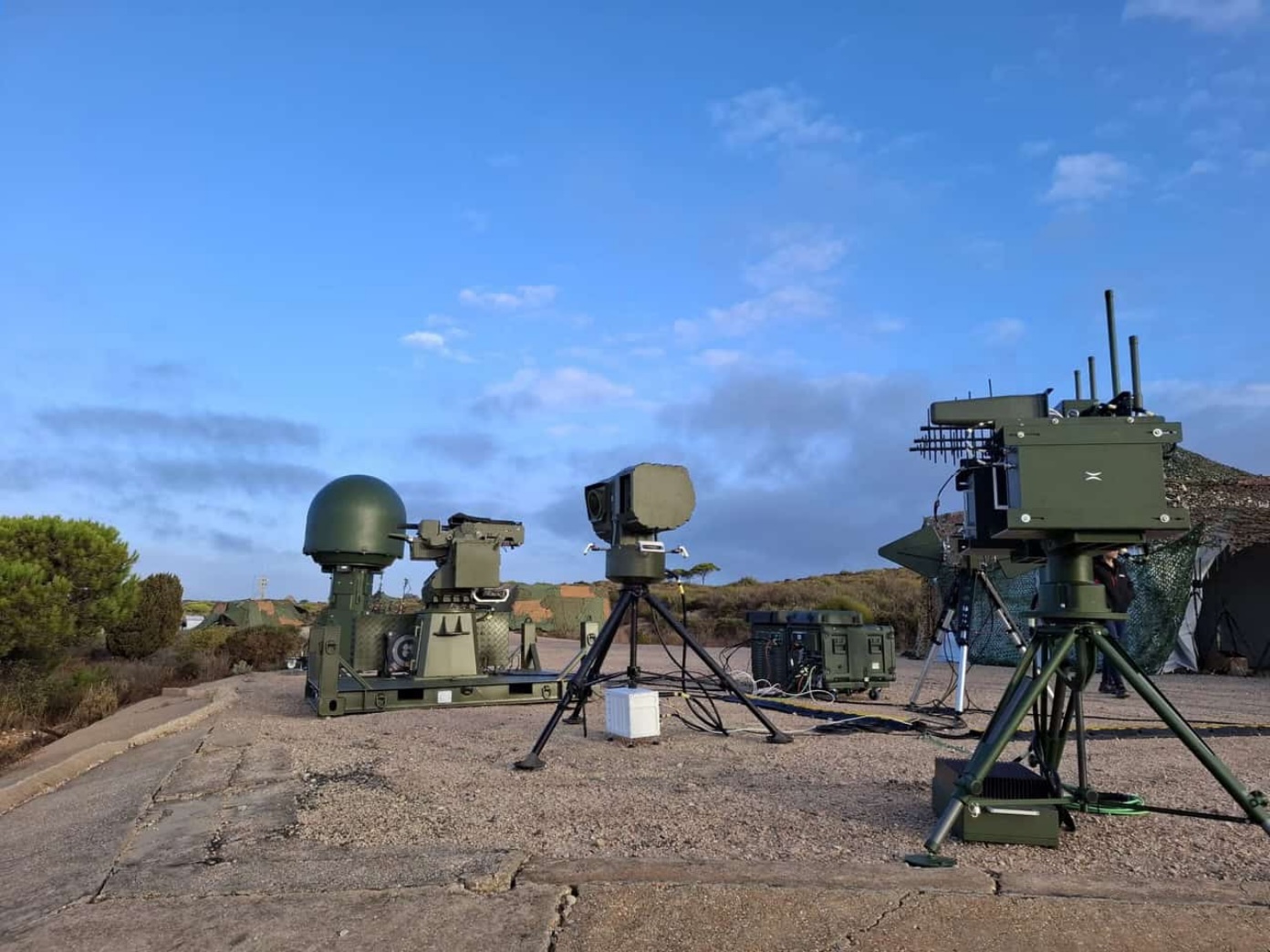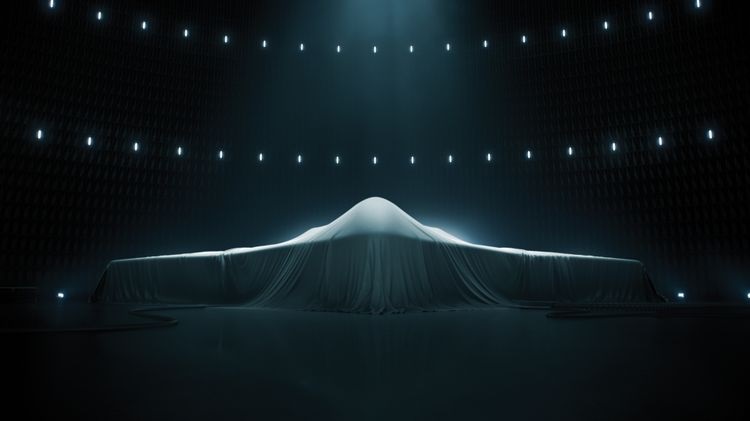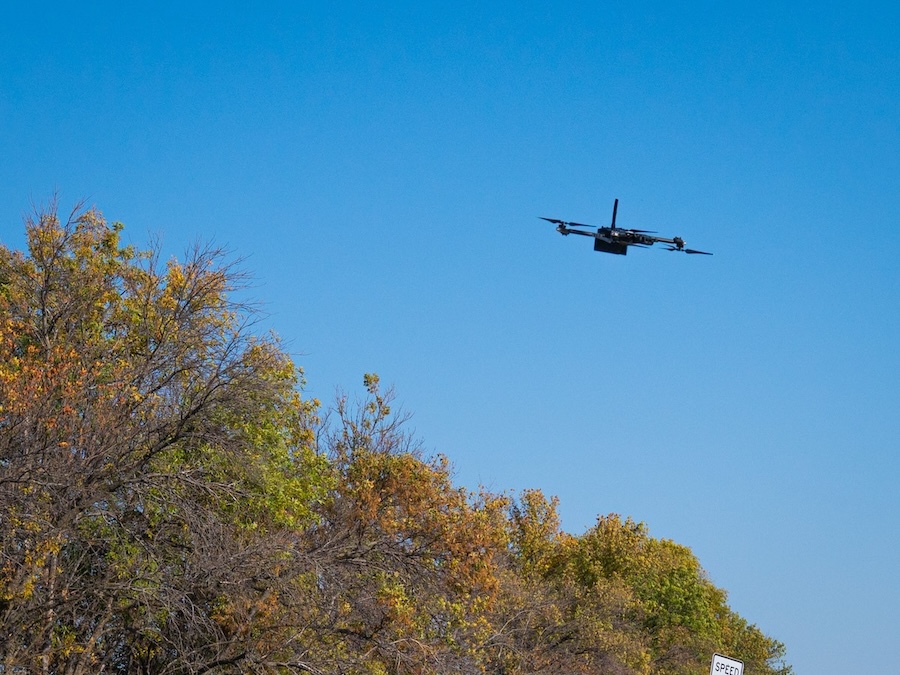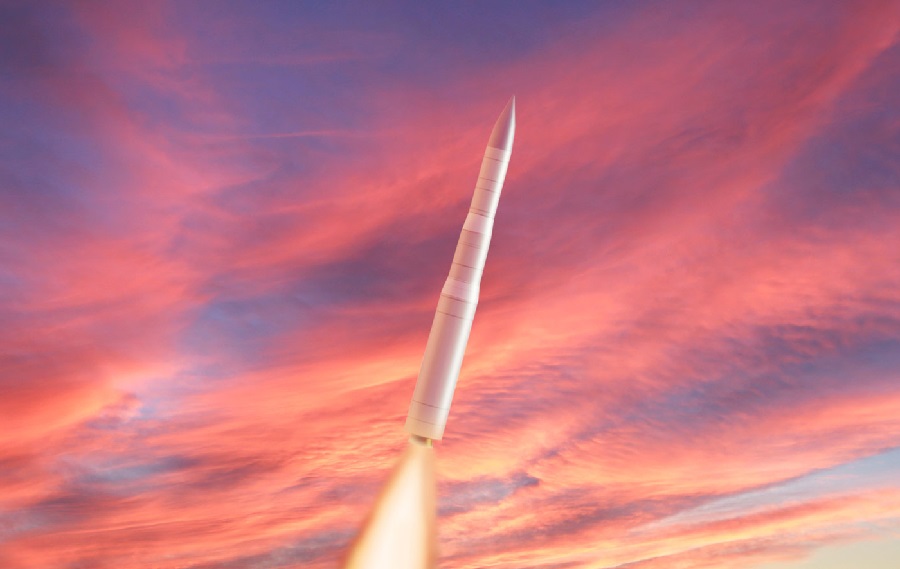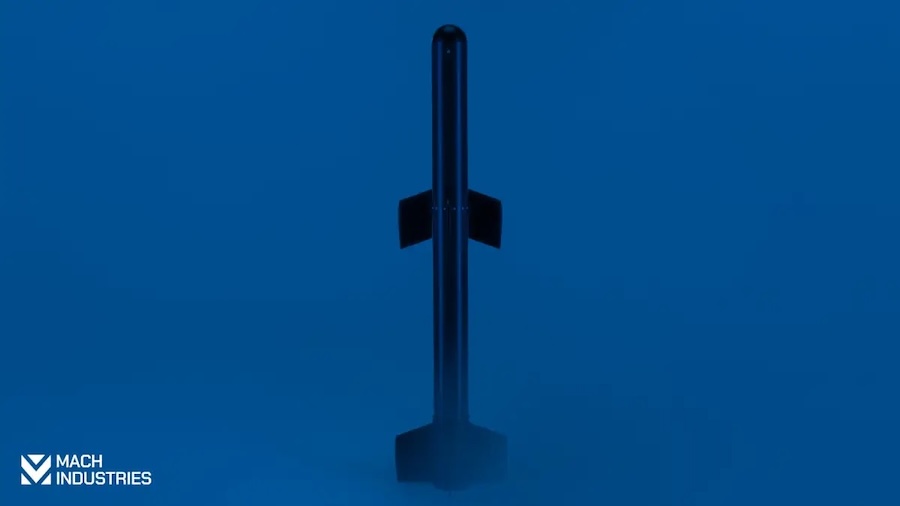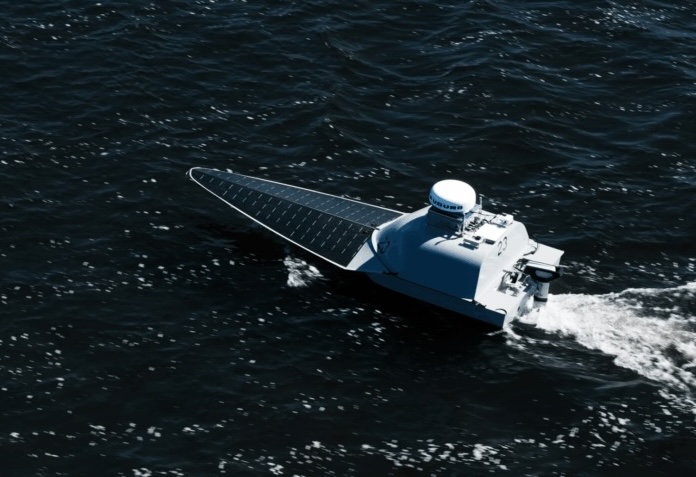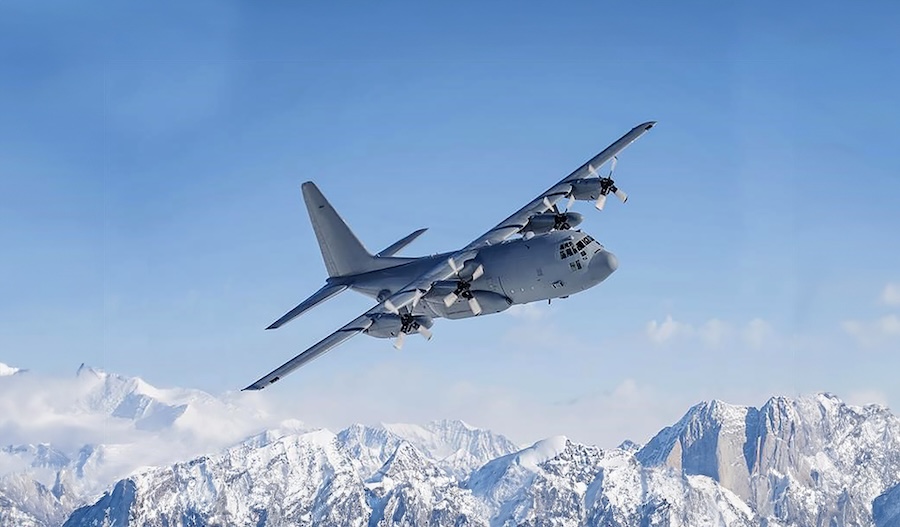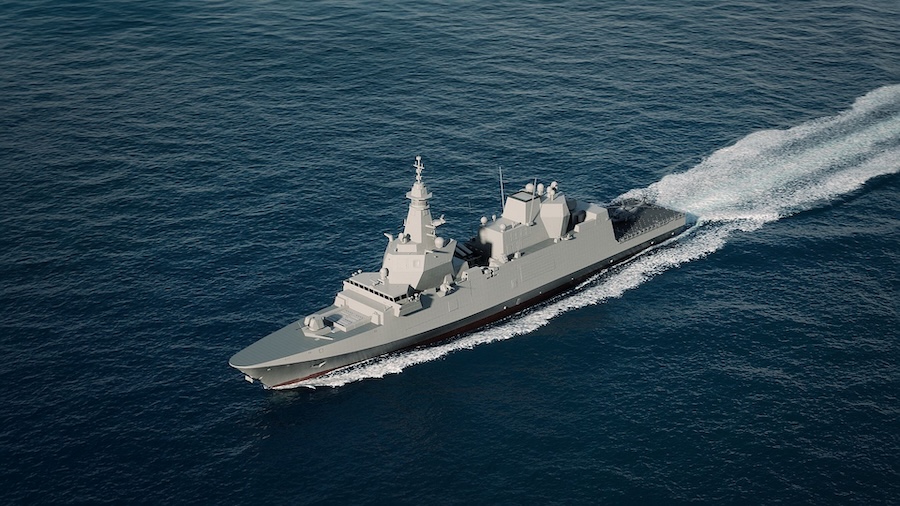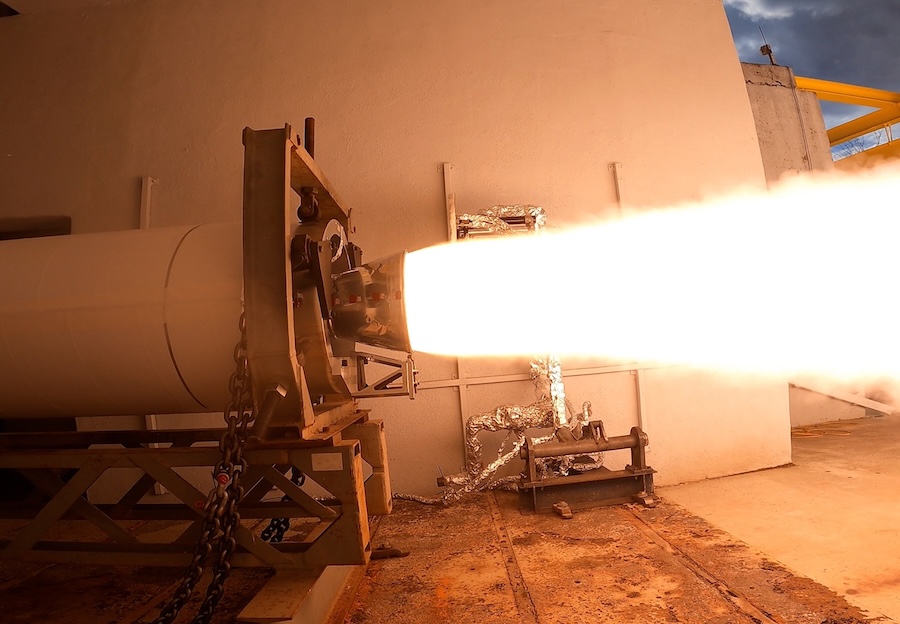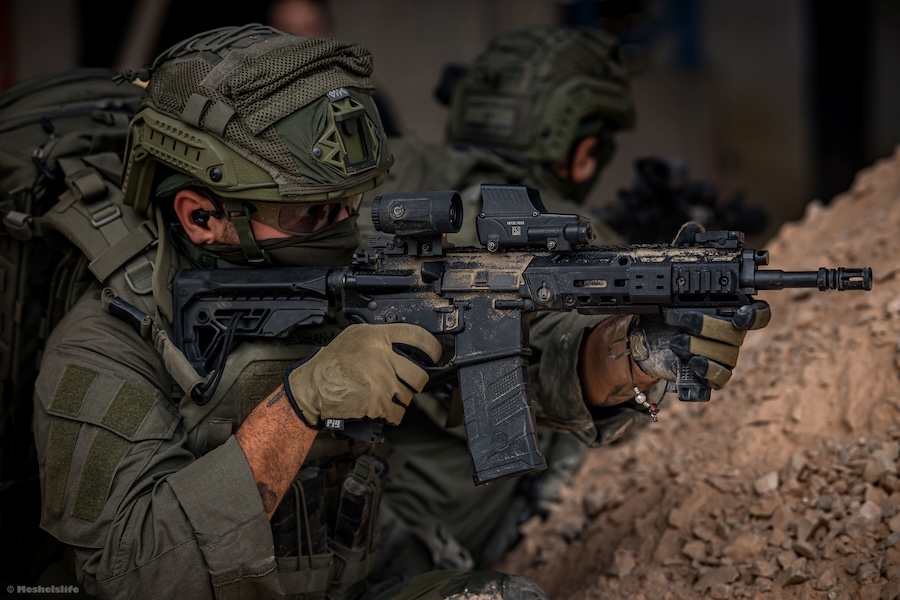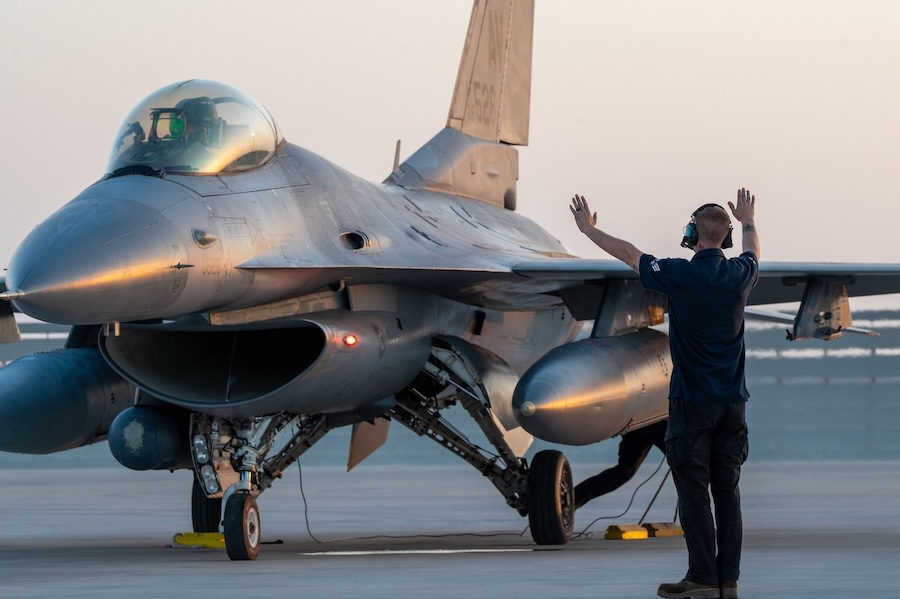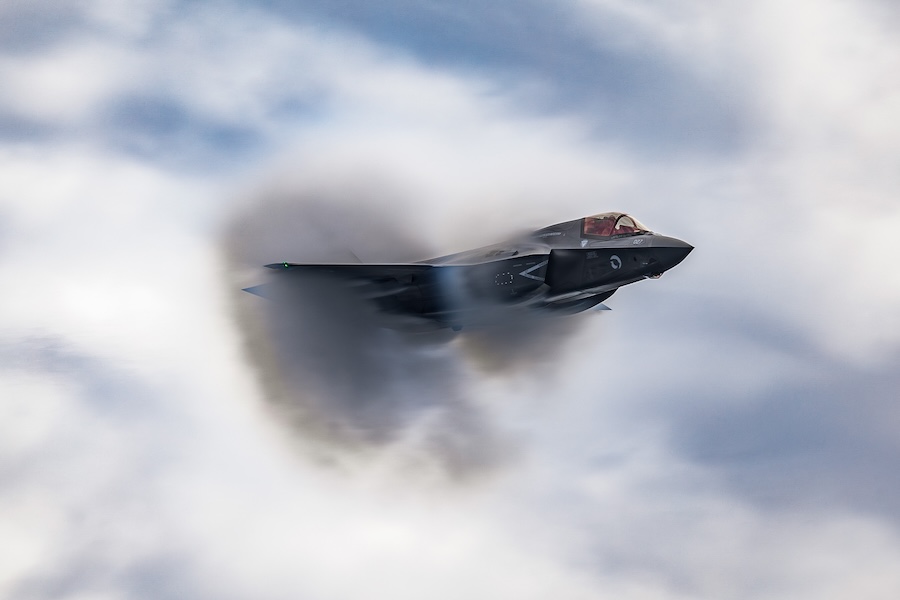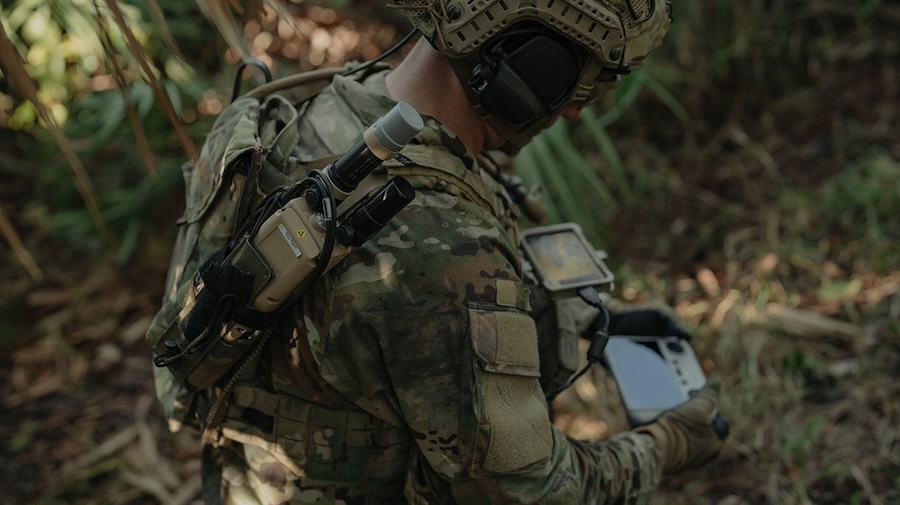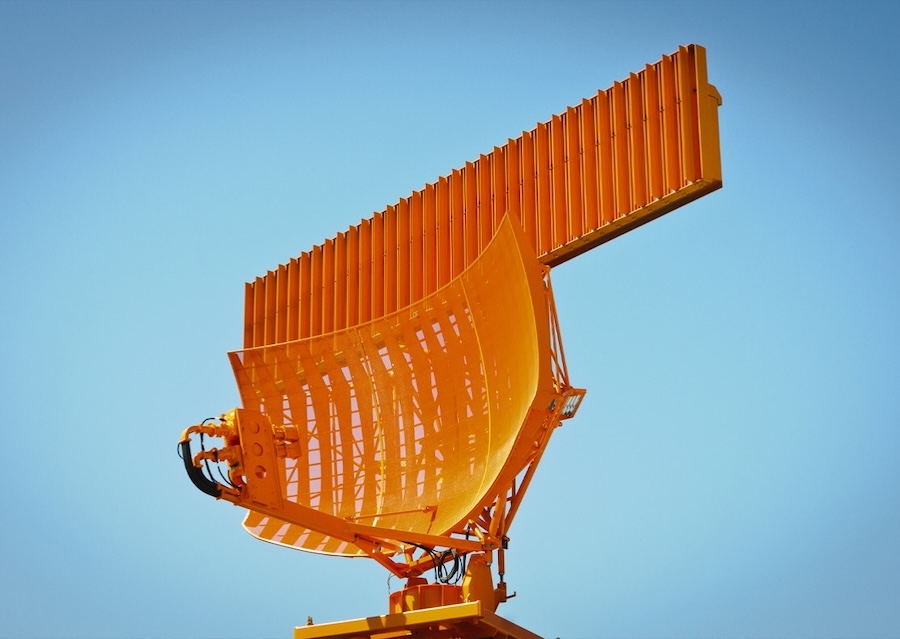The YFQ-42A is GA-ASI’s third uncrewed jet type and marks a significant milestone in the company’s development of unmanned combat aviation. “The YFQ-42A is an exciting next step for our company,” said GA-ASI President David R. Alexander.
“It reflects many years of partnership with the U.S. Air Force of advancing unmanned combat aviation for the United States and its allies around the world, and we’re excited to begin ground testing and move to first flight,” Alexander added. The YFQ-42A builds upon GA-ASI’s legacy of producing advanced unmanned systems.
GA-ASI previously developed the MQ-20 Avenger, which first flew in 2009 and has since logged over 40,000 flight hours. The Avenger continues to serve as a surrogate platform for CCA autonomy development and integration of artificial intelligence and machine learning technologies.
The company also recently launched the XQ-67A Off-Board Sensing Station (OBSS) jet, which made its first flight in 2024. Developed in partnership with the U.S. Air Force Research Laboratory (AFRL), the XQ-67A uses a shared platform or “genus” to enable rapid adaptation to diverse mission requirements and aircraft types.
This approach, inspired by practices from the automotive industry, aims to reduce cost and accelerate production timelines. It represents a shift towards more flexible, mission-adaptable aircraft design within the defence aviation sector.
GA-ASI, a leader in unmanned aerospace innovation, has developed over 24 aircraft types and delivered more than 1,200 units globally. The company manufactures over 100 aircraft annually at its 5 million-square-foot facility in Poway, California.
GA-ASI’s fleet has accumulated nearly 9 million flight hours worldwide, with more than 50 of its aircraft airborne at any given minute. The YFQ-42A’s development underscores the company’s continued role in shaping the future of autonomous military aviation.


